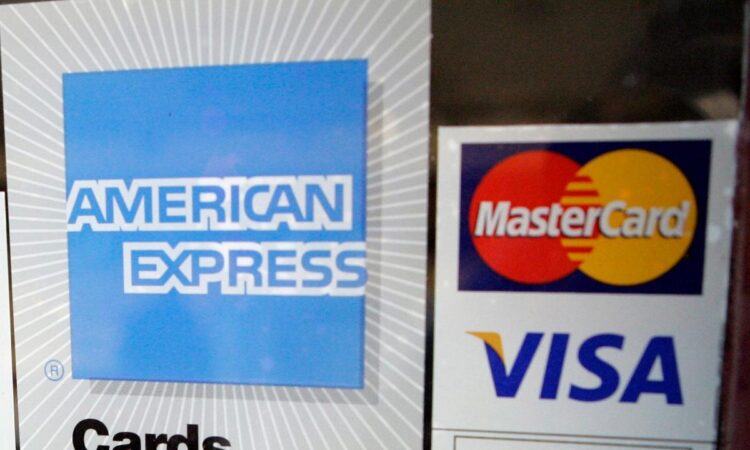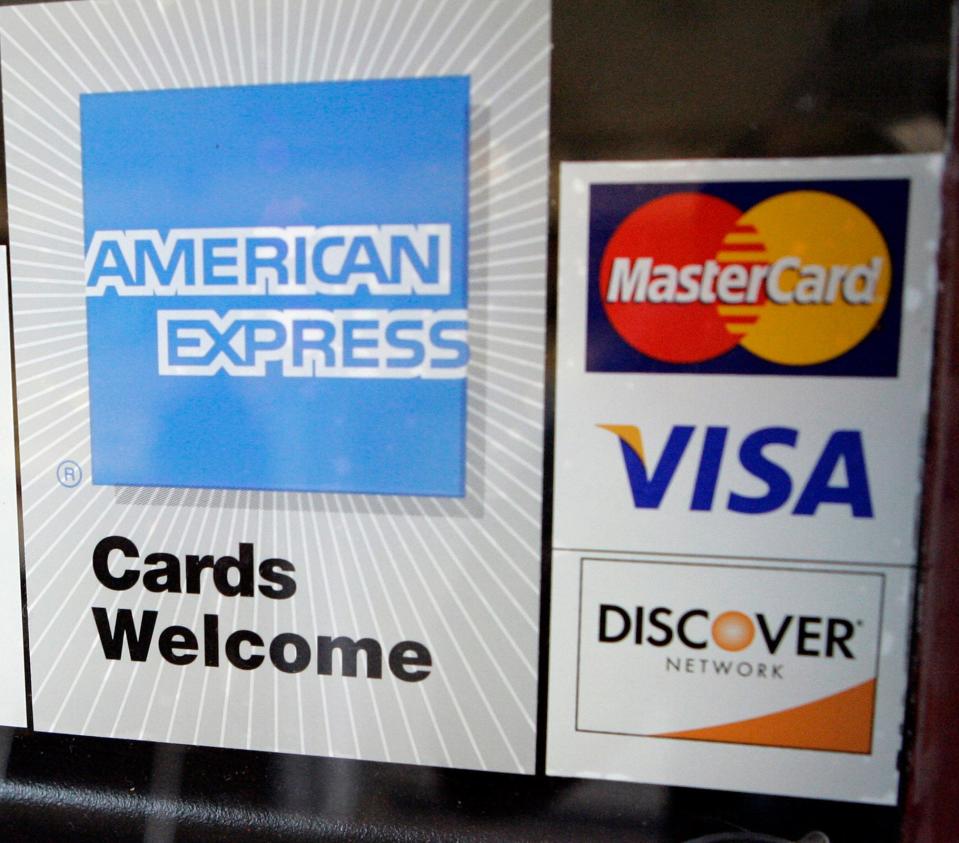
A new $8 cap on credit card late fees is touted as helping more than 45 million credit card holders save an average of $220 annually, but will it really?
Reviews are mixed for the Consumer Financial Protection Bureau’s (CFPB) latest move to kill “junk fees.” The average credit card late fee has ballooned to $32 in 2022 from $23 at the end of 2010, the CFPB said. With the cap going into effect, the agency estimates Americans will save more than $10 billion a year.
But some financial experts warn the savings and benefits may not last.
“The reality is that (capping late fees) will also increase the likelihood that banks raise other types of fees to make up for the lost revenue,” said Matt Schulz, chief credit analyst at financial products comparison site LendingTree.
What is the CFPB rule on credit card late fees?
Only the largest issuers, with at least a million open accounts, must cap late fees to $8 per incident. They also can’t raise the fee after the first incident or adjust it higher annually for inflation, the CFPB said.
Banks currently can charge $25 for the first late payment, and $35 for subsequent late payments, with both amounts adjusted for inflation each year, the CFPB said.
“Those amounts have ballooned to $30 and $41, even as credit card companies have moved to cheaper, digital business processes,” the agency said.
Under the new rule, which goes into effect 60 days after its publication in the Federal Register, banks will only be able to raise their fee above $8 if they prove their collection costs exceed $8, the CFPB said.
But that’s unlikely to happen. Banks won’t want to lose business with higher fees compared to their competitors, Schulz said. “That’s good news for consumers, but not so great for banks’ bottom lines.”
Taking out the junk: President Biden looks to trash ‘junk fees’ in new rule aiming to protect consumers

How could the cap hurt consumers?
Banks will eventually hike other fees to regain lost revenue. Balance transfer fees have been rising, “and this could very well accelerate that growth,” for example, Schulz said.
Even those who use nonprofit credit unions instead of large for-profit banks would suffer because credit unions won’t be able to afford to manage risks associated with their credit card programs, said Jim Nussle, president and chief executive of nonprofit advocate group America’s Credit Union.
That’ll result in either increased costs for all cardholders or eliminating credit card programs for those with lower credit scores or thin credit profiles, tightening credit availability, he said.
The low fee, “approximately the cost of a Big Mac and a large Coke,” wouldn’t discourage people from paying bills late which “potentially traps millions of consumers in a cycle of debt,” he said.
Remember, “just because late fees may be reduced, they will still continue to add up if payments aren’t made,” said John Jones, financial adviser at Heritage Financial. And “any late credit card payments will still negatively impact your credit. A damaged credit score can cost you more in the long run.”
Medora Lee is a money, markets, and personal finance reporter at USA TODAY. You can reach her at mjlee@usatoday.com and subscribe to our free Daily Money newsletter for personal finance tips and business news every Monday through Friday.
This article originally appeared on USA TODAY: A credit card late fee cap helps you now, but what about later?






